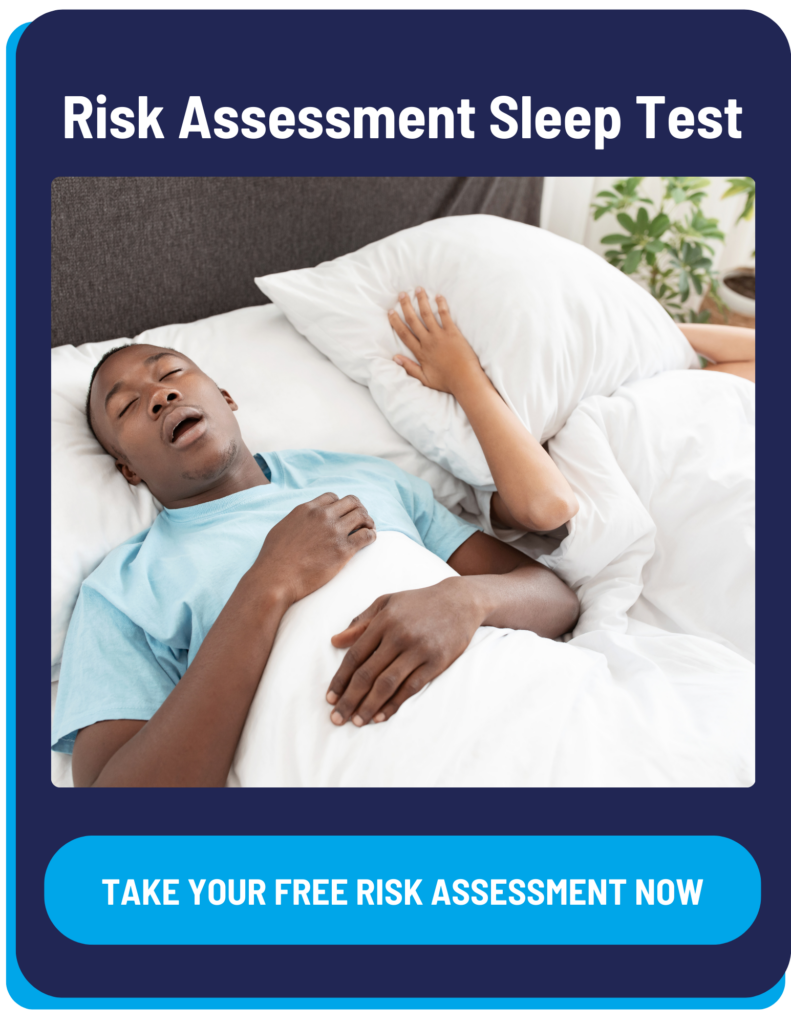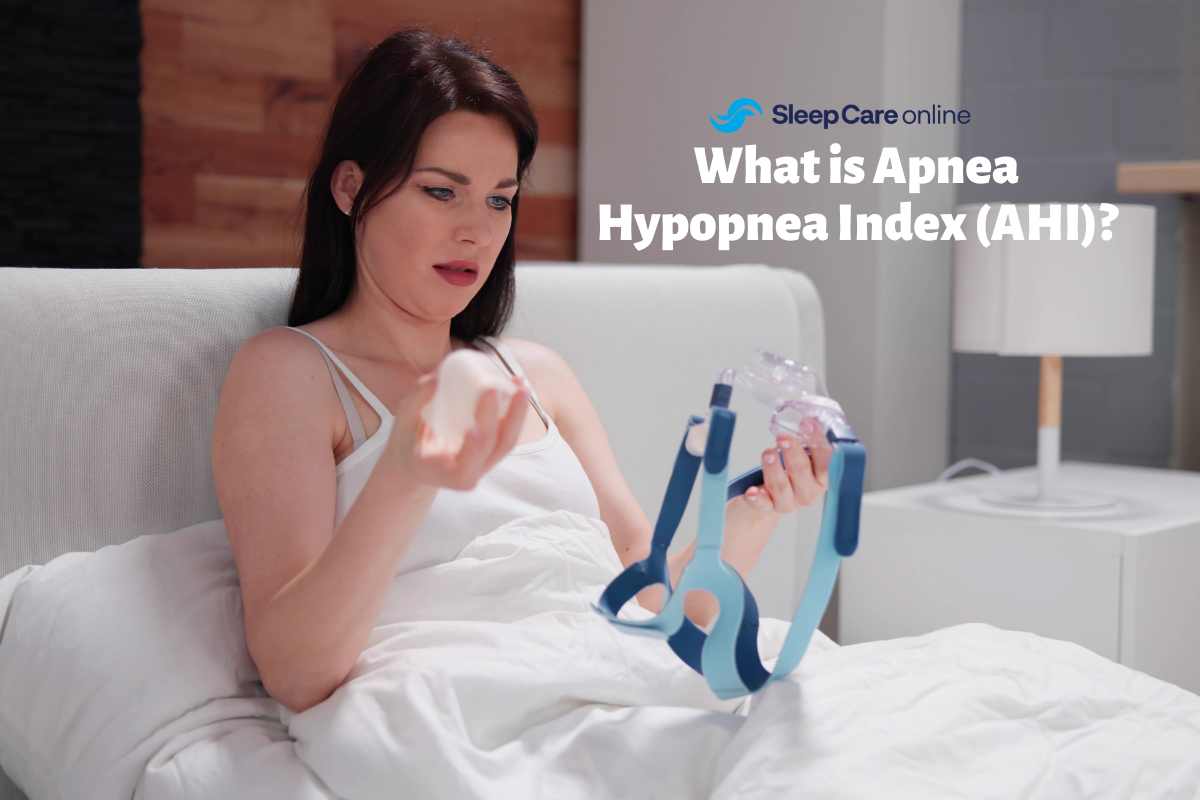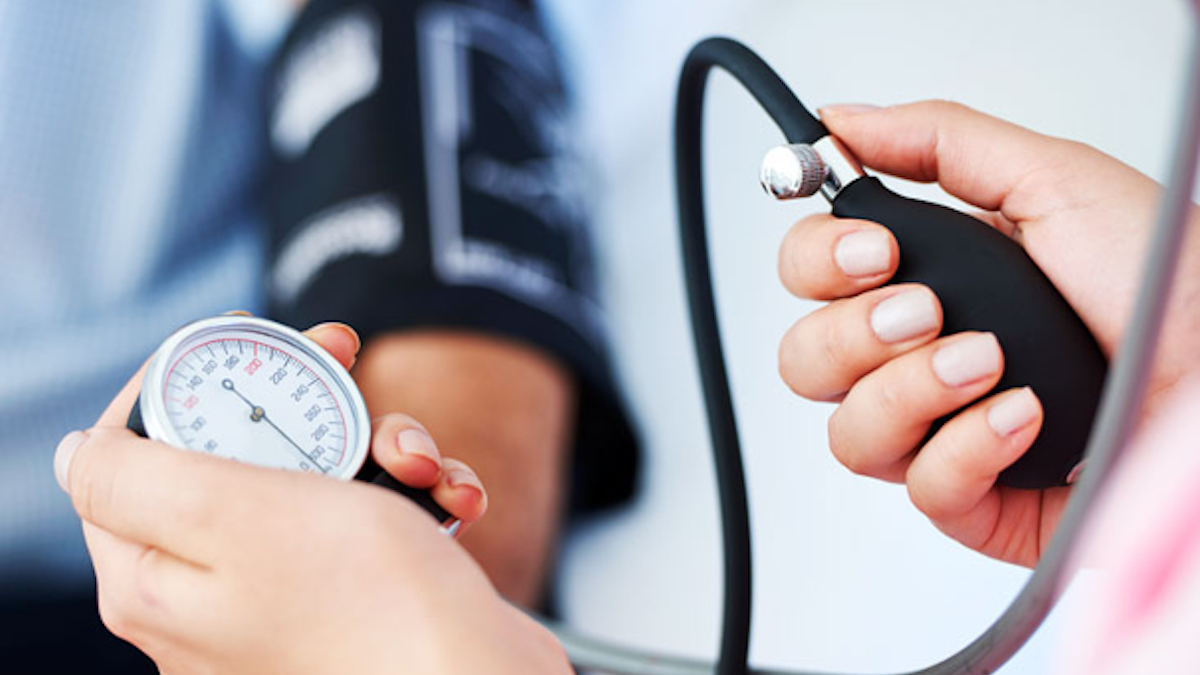Key Takeaways:
- Blue light, the light emitted from electronics like smartphones, tablets, and computers, can have a big impact on the quality of a person’s sleep.
- That’s because when a person is exposed to blue light, especially before bed, their body perceives it as daylight and delays melatonin release.
- Blue light intake can disrupt the natural progression of falling asleep, reduce sleep duration, and more. Learn more in this article.
According to research, 9 out of 10 Americans admit to reaching for an electronic device at least several nights each week shortly before bedtime.1 While some may feel that their smartphone or laptop helps them fall asleep, these devices emit what is known as blue light, which may be preventing a normal, healthy sleep pattern. Blue light exposure can enhance alertness and cognitive performance, which might be beneficial during the day but counterproductive at night, making it harder to fall asleep.
What is Blue Light?
Blue light is one type of visible light on the electromagnetic spectrum. This spectrum of light ranges in color from red to purple, like a typical rainbow, and has different wavelengths and frequencies. The wavelengths of blue light dictate many bodily functions and affect a person’s circadian rhythm. The sleep-wake cycle, one part of the circadian rhythm is most affected by blue light since blue light affects a person’s body alertness and melatonin levels.
Blue light refers to a color on the visible light spectrum. It can be found both naturally – hence why the sky appears blue in bright sunlight – and artificially in the form of smartphone and tablet screens, laptops, televisions, and even fluorescent light bulbs. Some exposure to blue light has been shown to be beneficial to alertness, and memory and is even used in light therapy to treat seasonal affective disorder (SAD).2
Does Blue Light Affect Sleep?
Overexposure to blue light can not only be detrimental to your eyes but also to your sleep. According to Harvard Health, blue light blocks melatonin – the hormone that helps to regulate circadian rhythms and sleep.3 This can lead to sleep deprivation, restless sleep, and overall poor sleep quality.
What Devices Produce Blue Light?
While you may not even know it, many of the devices you use each day emits blue light. They include artificial lights, smartphones, computers, tablets, and any other type of electronic device. Although some of these screens and lights may appear white, they actually contain a lot of blue light, which can be harmful to your eyes.
How to Protect Yourself From Blue Light
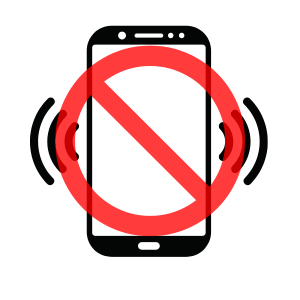
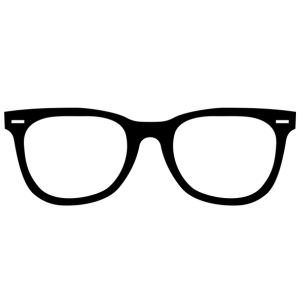
Adjust Your Display Settings. If you do view a screen for a long duration time, you can enable a blue light filter to reduce circadian rhythm disruptions. Go to your settings and adjust your display.
Read a Book. Instead of scrolling through social media apps on your phone, try reading a book instead to pass the time. This is a great way to limit blue light exposure throughout the day.
I’ve Limited Blue Light Exposure, but I’m Still Tired!
Blue light is not the only factor when it comes to sleep health. Our recent blog on how to sleep better offers a number of other tips for effective sleep hygiene. However, if you follow these steps and still find yourself battling chronic fatigue, you may have to consider the possibility of a sleep disorder like sleep apnea.
Sleep apnea is common, affecting over 22 million Americans. 4 Along with chronic daytime drowsiness, you may experience other symptoms including:
- Loud snoring
- Episodes of gasping or choking for air
- Constant morning headaches
- Difficulty concentrating during the day
- Irritability and mood swings
If you are experiencing these symptoms, you may want to get tested for sleep apnea. Traditionally, that meant staying overnight in a sleep lab and waiting weeks to review your results. With Sleep Care Online, you can take a simple sleep test from the comfort of your own bed and have your results ready to review the next day.
Sleep Care Online is simple, affordable, and convenient. Contact us at 866-465-4478 or email our customer care team at contact@sleepcareonline.com to learn more.
Home sleep apnea tests and telehealth services are now available nationwide.
References
- WebMD. How Blue Light Affects Your Sleep. Accessed July 2020
- Heiting, Gary OD. Blue light facts: how blue light affects your eyes. Updated Aug 2020. Accessed Oct 2020.
- Harvard Health. Blue light has a dark side. Updated July 2020. Accessed Oct 2020.
- Sleep Foundation. Sleep Apnea. July 2020.

